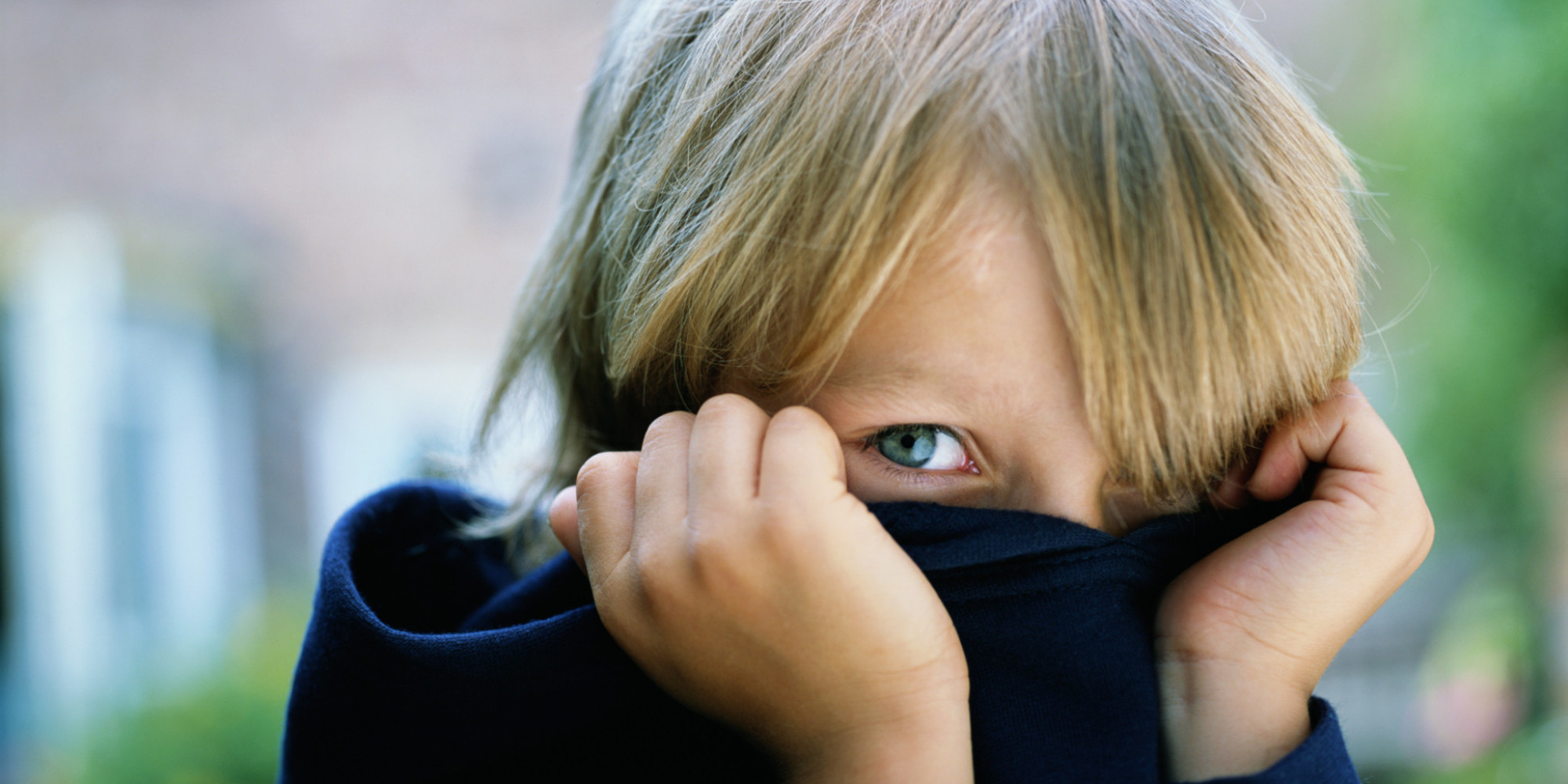The Shy Child
Contents:
For both Immature and Aggressive Shy Kids, their anxiety about interacting with peers is well founded: Shy kids need specific guidance in how to connect with peers in positive ways, as well as practice doing so. There is certainly room in the world for a quieter style of relating! They do need to find ways of interacting that fit who they are and also lead to positive reactions from others.
Here are some ways you can help your shy child to learn to get along with peers. Kids make friends by doing fun things together. An activity that your child enjoys can be a stepping-stone to friendship. If your child is focused on the fun activity, he or she has something to do and talk about with peers and is less likely to fret about the possibility of being alone or getting rejected. Some shy kids just need help getting over the initial hump, and they're fine interacting with peers.
The vicious cycle of shyness
A favorite activity can serve as this bridge. Most social interaction does not involve witty banter.
Shy children seem to lack confidence and are self-conscious especially in new Children may avoid playing with a shy child, thus hampering his or her social. We often say they're naturally shy. If your child experiences shyness, you can help by supporting her in social situations, encouraging brave social behaviour.
A lot of what we say to other people is routine. For instance, greeting people with eye contact, a clear voice, and a friendly smile gets the friendship ball rolling.
- Shyness and children.
- How to Help Your Shy Child.
- Blameless.
Asking "what" and "how" questions or giving a compliment are other useful and friendly scripts. Many shy kids feel more comfortable with just one other person than they do in a crowd. Arranging and attending play dates can give your shy child a chance to practice social skills and deepen friendships. Having even one friend whom they like and who likes them back helps kids feel happier and be less of a target for bullying. If necessary, go over with your child how to behave on a play date before the guest arrives.
Help your child be on the look out for kind behavior from other kids—this could be a sign of a beginning friendship! Help your child practice responding warmly. For instance, if someone gives your child a compliment, the correct response is a friendly "Thanks!
Talking about feelings helps kids label and understand inner experience. Looking outward, by focusing on helping others feel comfortable can also help shy kids break free of paralyzing self-focus. It can take awhile for reputations to change. Peers may not notice immediately when your child has turned over a new leaf.
With guidance and persistent effort, your child can begin to build connections with other kids. How Children Make Friends.

Even ultra-confident children can turn timid when they're faced with the unexpected. But there are simple ways to boost your child's confidence, even in the most trying situations.
You bump into a friend you haven't seen in years while you're out shopping. When your pal asks your child his name, he stares at the ground. Many kids clam up around unfamiliar adults because there are so many expectations about how they should act, says Gregory Markway, PhD, author of Nurturing the Shy Child. And after hearing you tell them repeatedly not to talk to strangers, who can blame them for their reluctance to speak up? How you can help: Chat with your friend for a minute before making introductions.
How to Help Your Shy Child
When your child sees that you're comfortable with this person, he'll feel reassured and will be more likely to talk, says Dr. Ask him to say hello, but if he won't, don't push it. Talk later about why he felt uncomfortable and help him practice handshakes, introductions, and conversations with his stuffed animals. Just don't expect too much too soon.
Aim for a smile first; he'll become more talkative with experience. You and your child visit the playground one afternoon but don't see any familiar faces. You suggest that she ask some of the kids to play, but she won't even try.
How shy kids can gain comfort and confidence in social situations
Approaching a group is scary even for adults -- imagine if you walked into a party full of strangers. Preschoolers crave familiarity and routine -- and fear rejection like everybody does -- so these situations are nerve-racking. If that's not possible, suggest she talk to a small group of kids instead. When she's ready, help her find an opening.
Say, "It looks like those kids need some new blue chalk. Maybe you could bring your box over. Modeling good social skills helps too, as Michelle Grotz-Rhone, of Beverly Hills, discovered when her family moved. But instead of focusing on Nina's shyness , Grotz-Rhone started conversations with Nina's classmates and their parents. Silence is not golden: Strategies for helping the shy child.
Does shy-inhibited temperament in childhood lead to anxiety problems in adolescence? Social withdrawal and shyness. Hart Eds , The Wiley-Blackwell handbook of childhood social development 2nd edn, pp.

Shyness trajectories in slow-to-warm-up infants: Relations with child sex and maternal parenting. Journal of Applied Developmental Psychology , 33 , Early temperamental and family predictors of shyness and anxiety. Developmental Psychology , 46 5 , Suitable for Years. By Raising Children Network.
- Angelfire Trilogy Book 1: Falling Star
- Les politiques de développement rural: Des années de croissance au temps dincertitude. 2e édition, r
- Lovesickness and Gender in Early Modern English Literature
- Charles Dickens in Context (Literature in Context)
- The Sailors Book of Small Cruising Sailboats: Reviews and Comparisons of 360 Boats Under 26 Feet (In